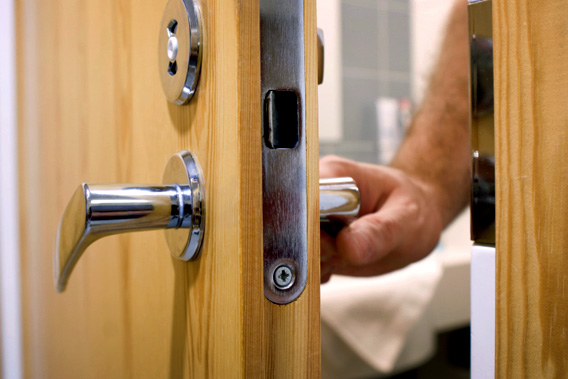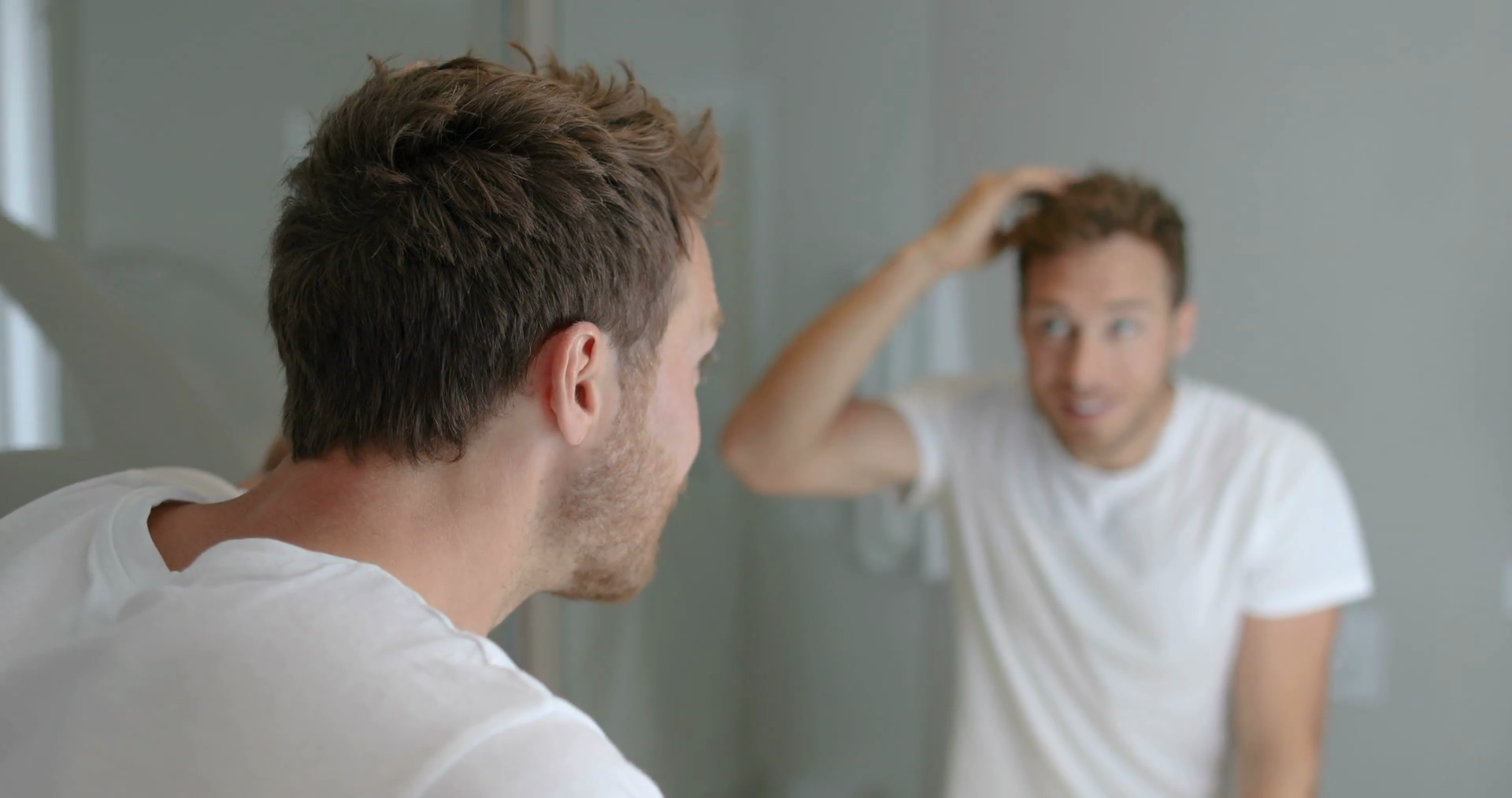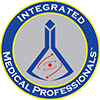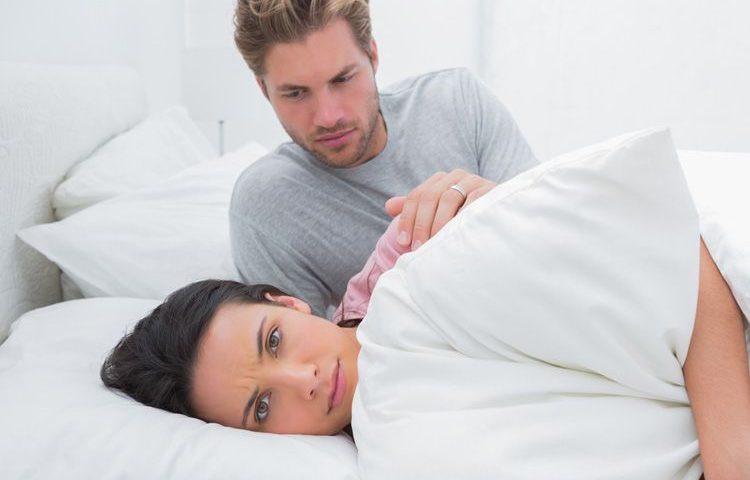Hypoactive Sexual Desire Disorder (HSDD)

Lifestyle and Diet Tips to Ease BPH Symptoms
May 31, 2018
Low Testosterone
July 11, 2018Hypoactive sexual desire disorder (HSDD), also known as female hypoactive sexual desire disorder, is a sexual dysfunction that causes a lowered sex drive in women.
According to the Sexual Medicine Society of North America, 1 in 10 women are affected by HSDD in their daily lives. HSDD is characterized by a chronic or ongoing lack of interest in sex, to the point that it may cause personal distress or relationship issues. Other contributing factors (drug use, mental illness, medical conditions) must also be ruled out for an HSDD diagnosis.
Fluctuation of sexual desire in females is normal but a hallmark of HSDD is a lack of desire that lasts longer than six months.
Symptoms associated with HSDD include:
- lack of sexual interest,
- lack of sexual thoughts or fantasies,
- disinterest in initiating sex,
- lack of sensation when stimulated,
- difficulty reaching climax.
Unfortunately, unlike many other medical conditions, there is no specific test used to diagnose HSDD. A visit with your doctor will help determine if there are any physical, mental or emotional underlying causes responsible for your symptoms.
HSDD is treatable but the puzzle must first be solved.
Your doctor will need to get to the root of the cause. If a certain medication is to blame, consider switching to one with less side effects (with doctor approval). If HSDD is being caused by a hormone imbalance, you may need to incorporate a new medication into your daily life. If there is a mental health issue or a relationship issue at play, visits with a therapist can help you get to the root of the problem and counsel you to a healthier psychological place.
Clinical Trial for Hypoactive Sexual Desire Disorder (HSDD)
Don’t underestimate the effects that this disorder can have on overall well-being. To learn more about current research on HSDD, give us a call at 212-480-3333. Qualified Participants will receive all study-related medical care and study medication at no cost along with possible compensation for time and travel. Visit the HSDD Trial page here


